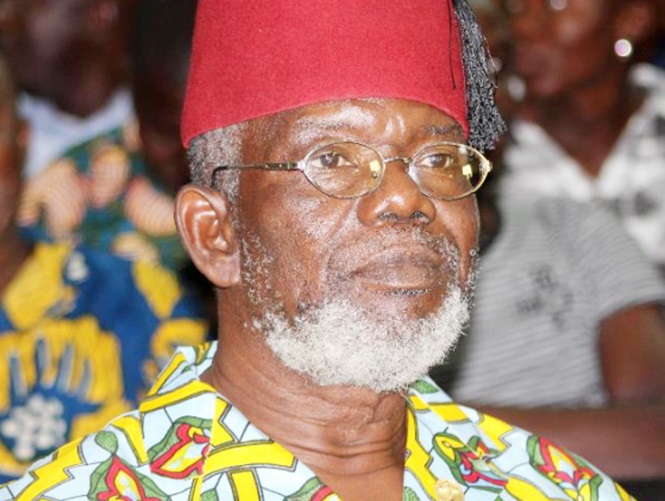By Lyndon J. Ponnie, Sr.
The passing of former Liberian warlord General Prince Y. Johnson last night marks a significant moment in Liberia’s tumultuous history. Johnson, a figure synonymous with the horrors of the Liberian civil war, never faced trial for his alleged war crimes despite the intense scrutiny and calls for accountability. His death raises critical questions about justice, reconciliation, and the future of a nation still grappling with the scars of conflict.
Johnson’s involvement in the civil war, which claimed nearly 300,000 lives, left a legacy of fear and brutality. His notorious acts, including the public execution of former President Samuel Doe, serve as a chilling reminder of the depths of human savagery that can emerge in times of war. The fact that Justice remains elusive for many of the conflict’s perpetrators, including Johnson, poses a troubling reflection on Liberia’s journey toward healing and democracy.
From Johnson’s story, we learn that the absence of accountability can perpetuate cycles of violence and impunity. Victims and their families still seek justice and acknowledgment of their suffering; the failure to prosecute war criminals can undermine national unity and trust in governmental institutions. It is imperative that Liberia confronts its past rather than allowing it to fester in the shadows of political expediency.
As Liberia moves forward, it must recognize the importance of a comprehensive approach to dealing with its past. This involves not only pursuing justice for those who have committed war crimes but also creating robust mechanisms for reconciliation and healing. The establishment of a truth and reconciliation commission is a step in the right direction, but it must be complemented by genuine efforts to hold perpetrators accountable through legal processes. Only then can the nation begin to mend its fractured social fabric.
The world is watching how Liberia addresses its history, especially as other figures face trial for their roles in the conflict. The international community supports the call for justice, and Liberia must seize the opportunity to align with broader global standards of human rights and accountability. This will not only honor the victims of the civil war but also enhance Liberia’s standing on the international stage.
Moving forward, education and open dialogue about Liberia’s past must be prioritized. Encouraging community discussions and integrating history into school curricula will equip future generations with a deeper understanding of their country’s journey. By fostering an environment of transparency and dialogue, Liberia can empower its citizens to contribute actively to a more just and peaceful society.
In conclusion, the death of Prince Johnson without facing trial serves as a stark reminder of the work that still lies ahead for Liberia. It underscores the necessity of pursuing justice relentlessly while nurturing spaces for reconciliation. Liberia must confront its past to build a hopeful future, one where accountability prevails, and the voices of victims are heard and validated. Only then can the nation truly move forward, transforming its painful history into a foundation for lasting peace and unity.

